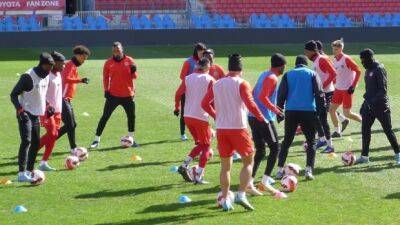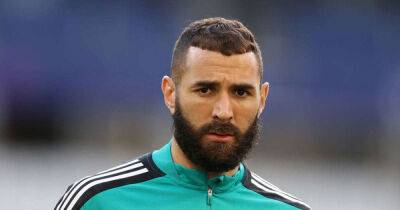Your health data can help scientific research. But how will it be protected?
Growing and ageing populations are shaping our healthcare systems, which need to be more effective and smarter.
Powerful tools such as artificial intelligence and data science can bring answers to this challenge and this digital strategy is at the heart of the European Health Data Space, launched in May 2022 to develop safe exchanges of patients' data: to deliver better care, empower research and help EU member states in their policymaking.
But what kind of data are we talking about?
It’s the information related to our health that’s generated when we see a doctor or go to hospital. This is known as the primary use of health data.
The secondary use is the processing of aggregated health data to improve healthcare services, the development of medicines and research.
Paris hosts one of the most advanced health digital infrastructures in Europe.
The Health Data Hub links different actors within the health ecosystem and has set up a technological platform that enables public interest projects to exploit large data sources.
“Artificial intelligence means being able to move from healthcare that treats you when you’re already ill to healthcare that alerts you to the risk of hospitalization,” says Cécile Roseau, Data Engineer at the Health Data Hub. “It means moving from healthcare that threats to healthcare that prevents”.
When it comes to bringing together health data from different countries that use different standards and languages, the challenge is to find a common code. This involves two main steps.
“The first step is to have a common data model,” says Lorien Benda, Open Science Project Manager at the Health Data Hub. “The second step is to set up a common vocabulary; that’s a bit like the construction of a sentence: all countries





